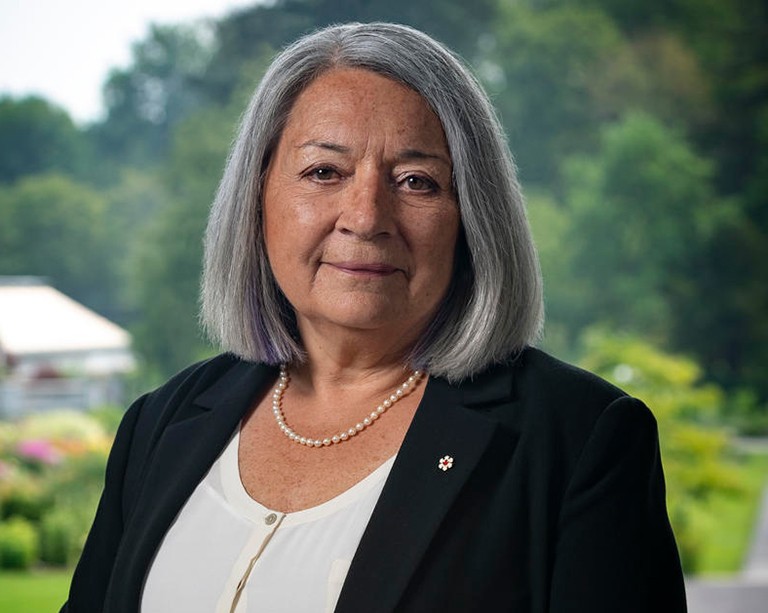Concordia research centre quickly growing in scope and visibility thanks to the hot topic of immigration

If you read the headlines, you know immigration is a hot issue. From the displacement crisis to shifting economic trends, humans are migrating at staggering rates.
A group of Concordia researchers at the Centre for Immigration Policy Evaluation (CIPE) are forming strategic partnerships with scholars, government actors and immigration stakeholders to find better ways to understand the realities the world currently faces, and their consequences for individuals and collective populations.
“Now, more than ever, we need to respond to emerging social and political challenges,” says Mireille Paquet, co-director of the CIPE who started developing the centre in 2014 with fellow Concordians and co-directors Antoine Bilodeau, Chedly Belkhodja and Daniel Salée.
Bilodeau, like Paquet, is a faculty member in the Department of Political Science. Belkhodja is principal of the School of Community and Public Affairs. Salée is affiliated with both. This year, CIPE officially became a recognized research centre within the Faculty of Arts and Science.
“Here at Concordia, we are fortunate to have a critical mass of scholars working on immigration,” Paquet adds.
“We believe that more empirical study of immigration-related dynamics are needed in Quebec and in Canada. We hope that by maintaining a development strategy that allows for inclusion, responsiveness and agility, CIPE can contribute to making Concordia a space for innovative and socially relevant research on immigration.”
CIPE is the university’s only initiative entirely dedicated to studying the causes of international immigration, immigration policies and post-migration. In recognition of Concordia’s areas of excellence and strategic directions, the centre is especially active in the production of research on the politics of immigration and on immigration-related public policies.
 From left: Chedly Belkhodja, Antoine Bilodeau, Mireille Paquet and Daniel Salée.
From left: Chedly Belkhodja, Antoine Bilodeau, Mireille Paquet and Daniel Salée.
Unprecedented numbers demand new research
In addition to its empirical work and research partnerships, CIPE is quickly growing in scope and visibility, hosting summer schools and special schools, research workshops and numerous public lectures.
And there’s more to come. In winter 2019, CIPE will run a special course on sanctuary cities and hospitality, in a new format that will include practitioners and academics as students.
Additionally, CIPE will welcome international visitors such as Belgian scholar Catherine Xhardez, and it plans to further expand both its national and international collaborations.
These partnerships will be key to advancing CIPE’s mission. According to Paquet, the subject has never been timelier, at home and abroad.
“In 2017, 258 million people lived in a country other than the one of their birth. This unprecedented number demands new research supporting public and social interventions on the causes and consequences of immigration,” she says.
“These trends increase the demands for research allowing states to maximize the benefits associated with immigration while also ensuring the maintenance of positive social relations and outcomes amongst citizens.”
A new Concordia University Research Chair
In addition to seeing CIPE officially recognized, Paquet is also celebrating being named a Concordia University Research Chair, New Politics of Immigration (New Scholar category).
Paquet says she hopes to use this position to explore the new ways governments respond to immigration, in a context of increased political tension, technological developments and growing demands for novel policy solutions.
“It is an honour and signals Concordia’s commitment to advancing next-generation research on immigration.”
Learn more about Concordia’s Centre for Immigration Policy Evaluation.


